SBF SME Committee Chairman Kurt Wee on Budget 2019
Budget 2019 had its fill of support for companies, but there are areas still found wanting by the local business community. We speak to Kurt Wee, the Chairman of the SBF SME Committee on his views of the Budget, where more support could have been given, and what businesses need to do now to weather the challenges ahead.
What was your overall impression with the Budget for businesses?
This year’s Budget delivered continued emphasis on innovation, technology and enterprise development. It sharpened its approach for support by focusing on different tiers of SMEs – from growing and tech-oriented ones, small and medium-sized ones grouped by cluster, and micro SMEs. There was also emphasis in helping companies to scale up and measures announced to boost the defence framework – whether it was military, domestic or cyber defence – and that is an important investment signal that will reinforce business confidence.
Was there any announcement you were particularly encouraged by?
One note that was heartening was the mention of the level of collaboration between the Government and the trade associations. Enterprise Singapore will be developing five-year roadmaps with trade associations and chambers (TACs) to help businesses transform.
TACs will be able to access funding and potentially take in public sector secondees through the Local Enterprise and Association Development (LEAD) programme.
The Government also said it would continue to build good relations with our neighbours and the major powers through diplomacy. This is important in helping to foster good B2B relations between countries.
The tightening of the foreign worker quotas for the services sector came as a surprise to some. What are your views on this move?
We had asked for no further tightening of quotas, so we were disappointed that there was. The services sector is already facing a tight labour crunch, and consumers can already feel the deterioration of service quality in the F&B industry as a result.
That said, the Government has given the industry advance notice to enable businesses time to adjust and react to the changes. As a TAC, we will continue to work with the industry as a cluster to see how we can help them overcome this challenge.
What other measures can be taken to deal with this issue of productivity in the services sector?
There are currently seven source countries for S-Pass holders, which is quite limited, and we have been calling for an expansion of the number of source countries for a number of years.
Singapore’s workforce is expected to peak in 2023, and will have negative growth after that. I think it is time to take a long-term approach to liberalise polices regarding foreign talent over the next five to 10 years. I understand there are political considerations when it comes to this issue, but I think that Singapore has bigger capacity now to accommodate more people compared to six or seven years ago.
What is the impact on local businesses if foreign worker quotas are not eased?
Domestically-oriented businesses will face the risk of weak growth, or not growing at all. A lot of companies have already digitalised and automated at the back end to support operations, but in the services industry, there is only so much you can automate before you lose that human touch.
What else in Budget 2019 was not so welcome?
There was the announcement of the hike in diesel tax and corresponding rebate for commercial vehicles. Many SMEs use diesel for their machinery but do not qualify for the rebate. Some of these businesses are involved in large-scale infrastructure projects for the Government. To them, the tax hike forms a deadweight cost on their diesel consumption, as they are in the middle of a running contract and can’t price in the extra cost. There should have been some relief for such contractors as well.
In which other areas do you think the Government could have done more?
I felt that there wasn’t enough of a push to help businesses internationalise. We would like to see new exciting efforts on this front beyond existing schemes such as trade expos or the Market Readiness Assistance Grant from Enterprise Singapore.
One proposal is for Singapore companies that are already abroad to form nodes to help other local businesses wishing to expand to those markets.
Another area that was not touched was business costs. Singapore businesses face issues with high operating costs, and interest rates are expected to go up this year, so more assistance on this front would have been welcome.
How can businesses deal with the challenges ahead?
I think Singapore businesses are well placed to face the coming challenges. We have been dealing with issues surrounding innovation and productivity for some years now, and many businesses have succeeded in becoming leaner and more efficient. We also have a good technological base and support schemes in place.
Local businesses need to be more outward looking and be able to find new markets abroad to boost their top line, even in the face of shrinking global trade. There are still pockets of new business to be found, but it will take a lot of hard work.
What I find lacking is the hunger, grit and nimbleness to continue to grow. Businesses need to hunker down and have the desire to grow. Only then will they become more sustainable.
What are the priorities this year for SBF’s SME Committee?
We want to continue to help businesses drive deeper levels of digitalisation in their operations, to become more efficient and to push them to internationalise further. We also want to remind them to plan for the longer term, over three to five years, so that they can chart a path for growth every year. If each company can do this, it will collectively boost the economy and create better jobs.



















